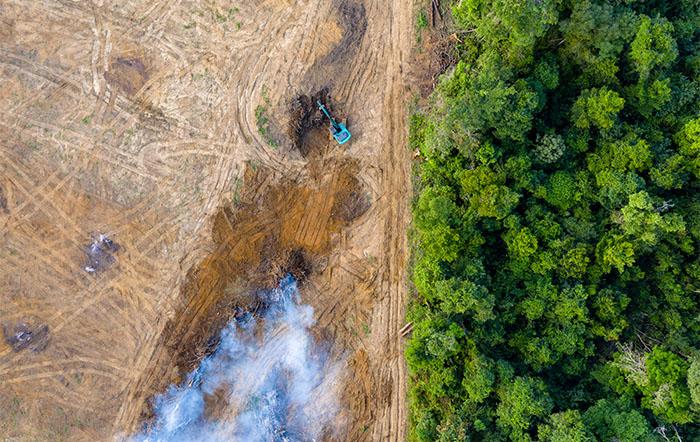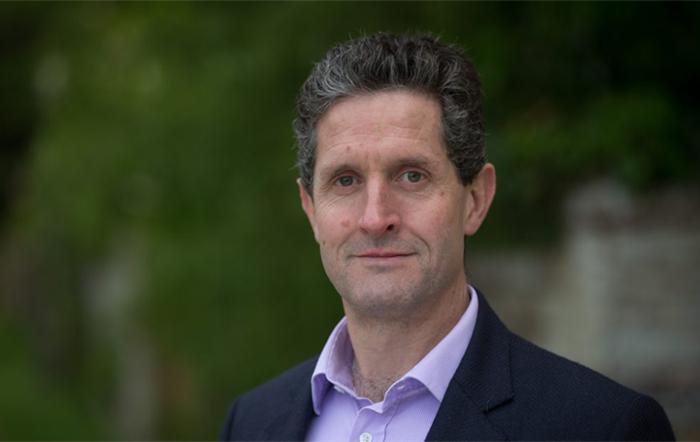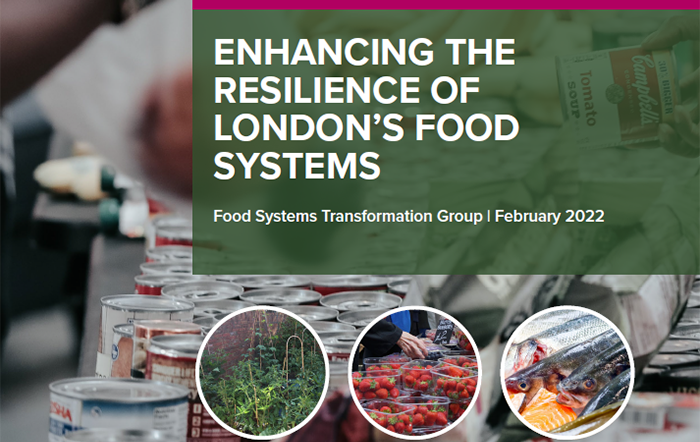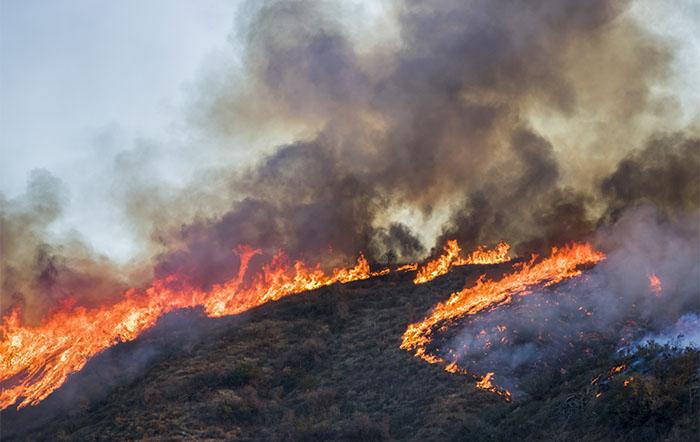Published ahead of COP26, this new report highlights the key role that infrastructure plays in delivering climate action and sustainable development. Developed through collaboration between UNOPS, the United Nations Environment Programme (UNEP) and the University of Oxford, it finds that infrastructure is responsible for 79 per cent of all greenhouse gas emissions, and accounts for 88 per cent of all adaptation costs.















